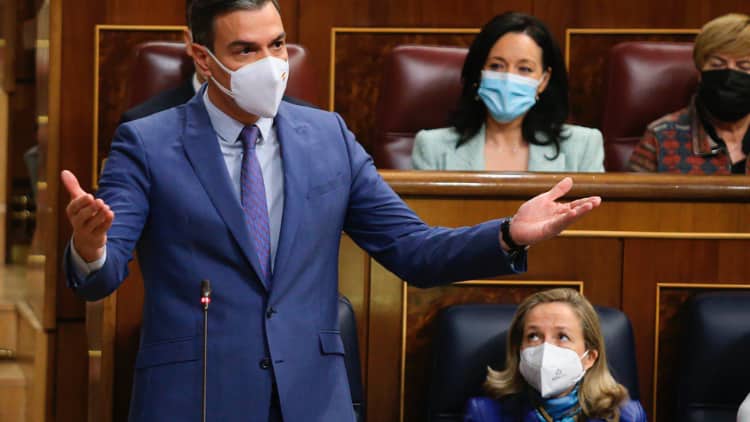The Diplomat
The United Nations General Assembly recently approved, by consensus, a resolution to reform the organisation’s register of international treaties so that they can also be registered in Spanish.
ntil now, the official United Nations register of treaties has only used English and French. With this resolution, when registering a treaty, States and international organisations will be able to attach a courtesy translation in one of the other four official languages of the United Nations, including Spanish, along with Arabic, Russian and Chinese.
The resolution was promoted by the majority of Spanish-speaking states and Portugal, under the coordination of Spain, which is part of the Group of Friends of Spanish at the United Nations.
The Ministry of Foreign Affairs pointed out that Spain and the Spanish-speaking States will continue to work at the United Nations so that in the future the official registration of treaties can also be carried out in Spanish.
The registration of treaties is an emblematic activity of the organisation, which it inherited from the League of Nations and which pursues international relations based on law and transparency and far removed from so-called “secret diplomacy”. With this reform, Spanish and the other official languages contribute to the predominance of law in international relations, reinforcing it.
According to the yearbook of the Cervantes Institute, Spanish is a growing language, spoken today by almost 600 million people, including those who are native speakers and those who have learned it. It is also the third most used language on social networks.
There are currently 24 million students of Spanish around the world, many of whom study it through Spain’s Cervantes Institutes abroad.
Precisely today, Her Majesty the Queen, accompanied by the Minister of Foreign Affairs, José Manuel Albares, will inaugurate the annual meeting of the directors of the Cervantes Institute in San Sebastián.
For the first time, this meeting will be held in the Basque Country, and the Councillor of Culture and spokesperson for the Basque Government, Bingen Zupiria, and the Director of the Cervantes Institute, Luis García Montero, are also scheduled to speak.
Over three days, from 20 to 22 December, the more than 70 Cervantes directors will discuss the strategy for the international promotion of the Spanish language and culture in Spanish, take stock of the Institute’s 30 years of existence – an anniversary that will be celebrated in 2021 – and analyse issues such as cultural management, the teaching of Spanish and the co-official languages, certification and advances in digitisation.







